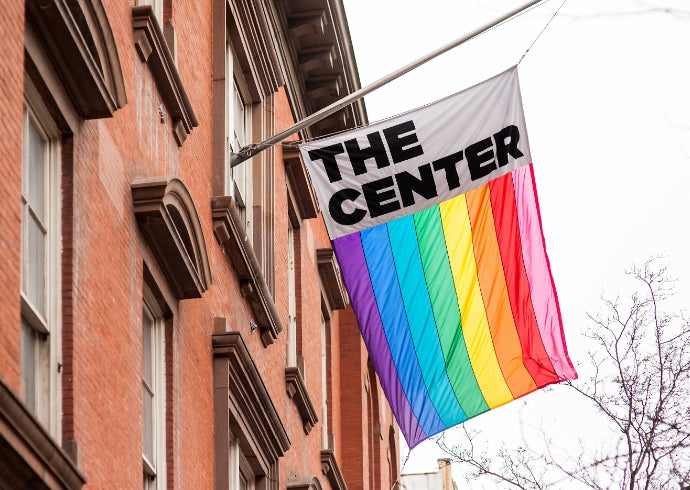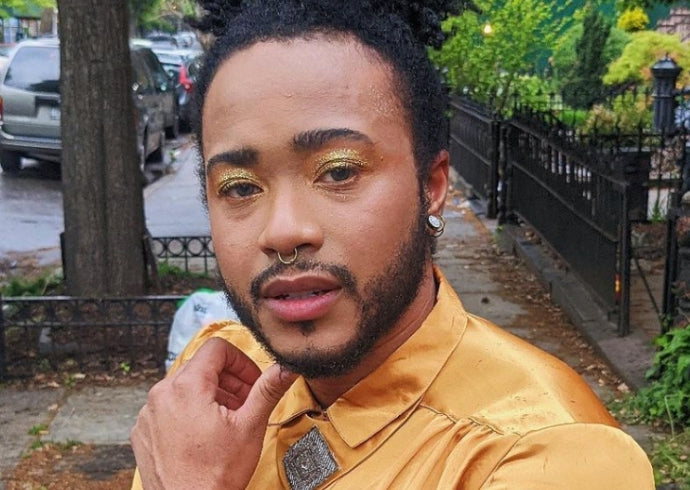At Milk, our community is at the heart of everything we do. We know how vital it is to find a safe space where you can not only exist freely, but also have access to any resources and support that you need. These spaces are more important than ever, as a wave of recently passed and proposed anti-LGBTQIA+ legislation in the US is the latest attempt in an ongoing effort to strip the rights of LGBTQIA+ people.
A safe space can take many forms: a physical community center, the safety of a chosen family, or the support of online counseling services. Some spaces can provide all of these things: The Center, one of our longstanding partners, has been providing New York’s LGBTQIA+ community with multiple forms of support and safety since it was founded almost 40 years ago.
This Pride, we believe it’s more important than ever to uplift and create safe spaces for our community. That starts with ensuring that everyone across the country has access to resources that address their needs, so that they can live their lives authentically and unapologetically. Below, we’ve compiled a list to help you find accessible resources in your area, from community centers, to mental health services, to LGBTQIA+ doctors.
How to Find an LGBTQIA+ Center Near YouIt’s natural to seek support and guidance while navigating life as a queer person, and an LGBTQIA+ community center is a great resource to help you on that journey. While it can feel a little intimidating walking into one for the first time, they are truly some of the least judgmental spaces you’ll encounter. Whether you’re in search of community resources like support groups or standard medical services like testing, the goal of any LGBTQIA+ center is to provide queer and trans people with the tools to live their lives in a safe, affirming environment. |
 |
How to Find LGBTQIA+ Mental Health Services
Sadly, the reality is that queer and trans people experience especially high rates of mental health issues and often aren’t able to access the care that they need. Even when they do, it can be hard to establish a sense of safety. One of the most important steps in easing the anxiety of therapy is finding a counselor that’s either part of the community or specializes in LGBTQIA+ mental health services.
If you’re searching for mental health support in your area, find it through Lighthouse. This organization connects patients to doctors, therapists, and mental health professionals across the country that specialize in LGBTQIA+ issues. The National Queer and Trans Therapists of Color Network is another great resource that connects queer and trans POC to a network of licensed therapists of color across the country.
How to Find an LGBTQIA+ Doctor
Accessible, judgment-free healthcare is especially difficult for many queer and trans people to navigate. It’s unfortunately common for many members of the community to experience negative interactions with their healthcare providers because of gender identity. Medical discrimination is further compounded by queer and trans patients having to take it upon themselves to educate their own doctors on how to treat them. Finding a queer doctor in your area is one option to remove barriers in seeking and accessing the care you need.
If you don’t know where to start, there are a few important resources to know. GLMA, or Health Professionals Advancing LGBTQ Equality, is a national organization that provides free access to an extensive directory of LGBTQIA+ health professionals around the country. Whether you’re in search of a primary care doctor, STI testing, information on PrEP, HRT, or other services, this comprehensive database can help you find it. For access to a wide range of health education and programming, visit the National LGBTQIA+ Health Education Center, an organization working to eliminate health disparity within the community and optimize the cost of treatment for all patients. There’s also NALGAP, or The Association of Lesbian, Gay, Bisexual, Transgender Addiction Professionals and Their Allies, which provides a network of professionals trained to assist with alcohol and drug addiction issues within the community.
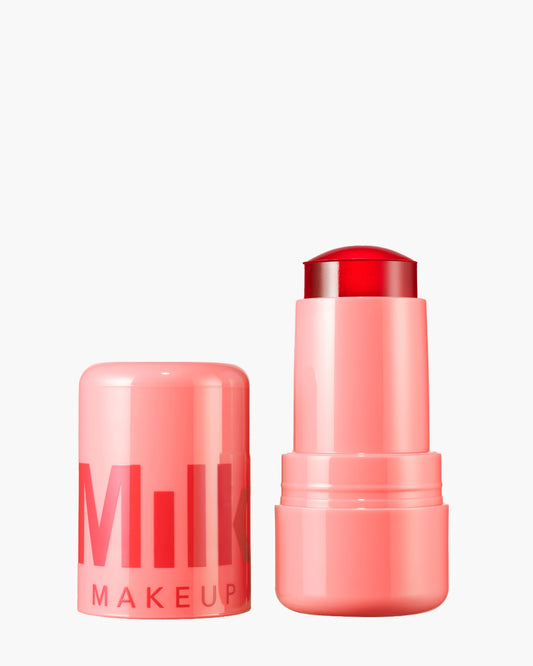
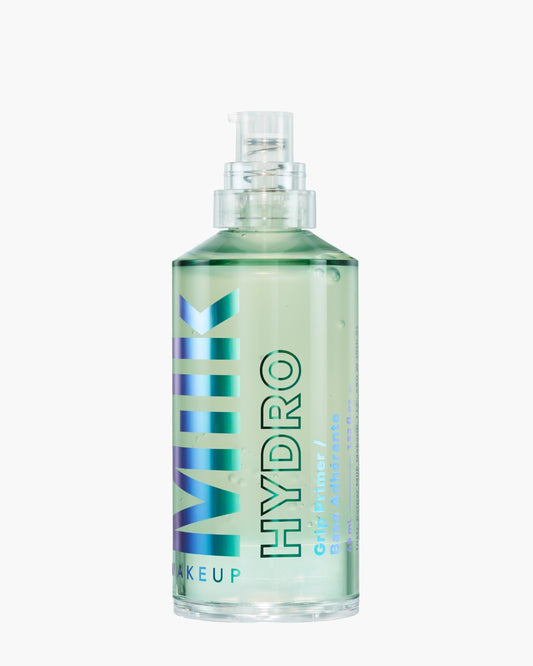

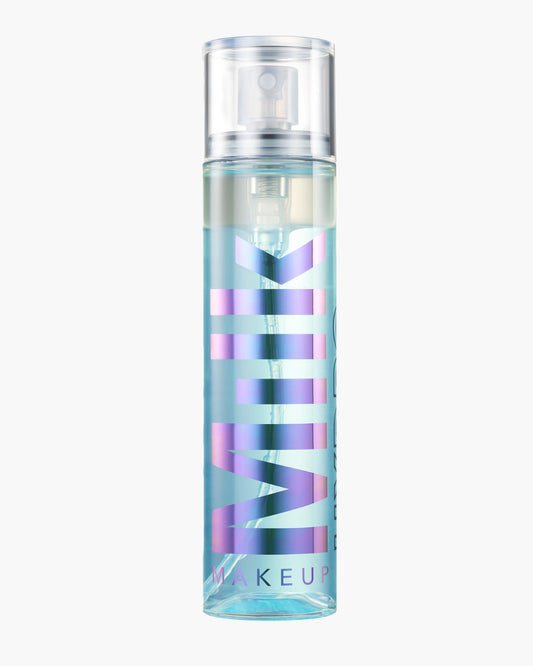
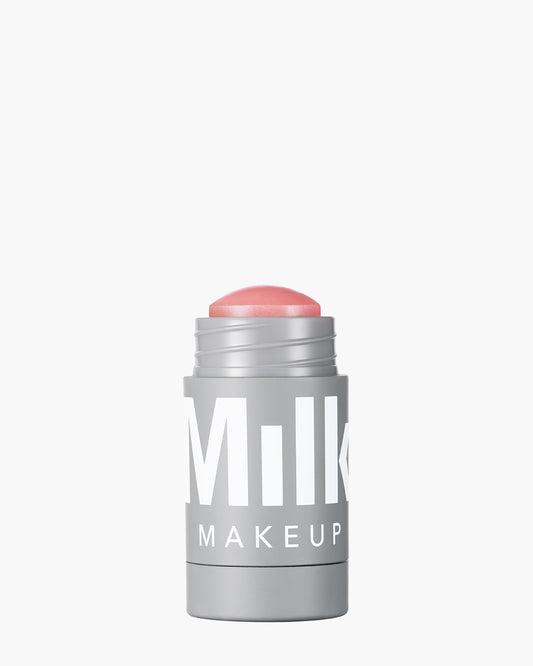
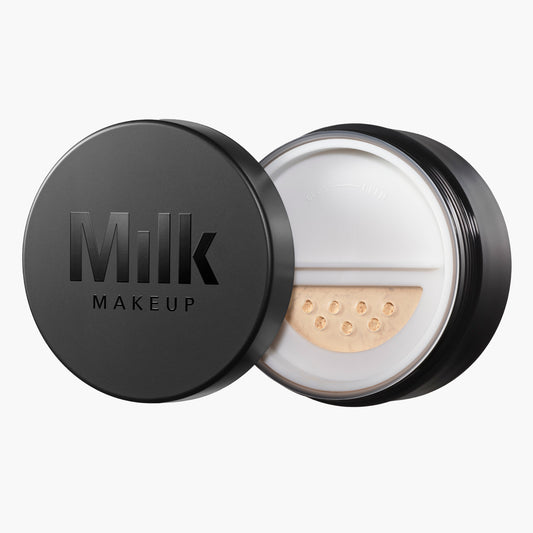

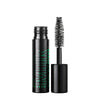
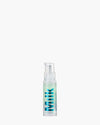


-%E2%80%A2-Instagram-photos-and-videos-v1709919631145.png?150x150) "
"